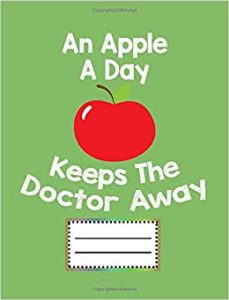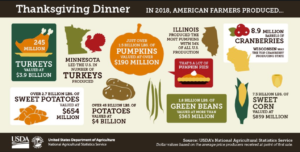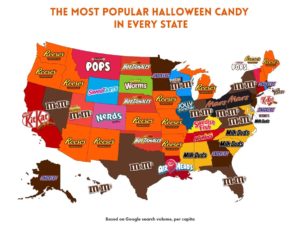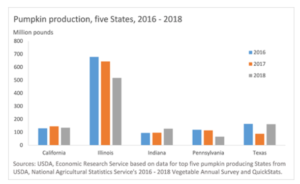I love the FDA’s qualified health claims for food products because they are so patently ridiculous.
These are health claims so poorly supported by science that the FDA insists on a disclaimer.
What’s their point? Companies can use them for marketing and put the disclaimer in tiny print.
The latest is the FDA’s response to a petition from the Global Organization for EPA and DHA Omega-3s, which asked the FDA to approve these health claims:
- EPA and DHA help lower blood pressure in the general population.
- EPA and DHA reduce BP, a risk factor for CHD (coronary heart disease).
- EPA and DHA reduce the risk of CHD.
- Research shows that EPA and DHA may be beneficial for moderating BP, a risk factor for CHD.
- Convincing scientific evidence indicates that EPA and DHA help lower blood pressure in the general population, with comparable reductions to those achieved with other diet and lifestyle interventions.
Not a chance.
The FDA did its own review of the literature and quite sensibly concluded that evidence supporting such claims is too weak to take seriously.
Instead, the FDA said that
In light of the above considerations, FDA intends to consider the exercise of its enforcement discretion for the following qualified health claims [with my emphasis in red]:
- Consuming EPA and DHA combined may help lower blood pressure in the general population and reduce the risk of hypertension. However, FDA has concluded that the evidence is inconsistent and inconclusive. One serving of [name of the food or dietary supplement] provides [ ] gram(s) of EPA and DHA.
- Consuming EPA and DHA combined may reduce blood pressure and reduce the risk of hypertension, a risk factor for CHD (coronary heart disease). However, FDA has concluded that the evidence is inconsistent and inconclusive. One serving of [name of the food or dietary supplement] provides [ ] gram(s) of EPA and DHA.
- Consuming EPA and DHA combined may reduce the risk of CHD (coronary heart disease) by lowering blood pressure. However, FDA has concluded that the evidence is inconsistent and inconclusive. One serving of [name of the food or dietary supplement] provides [ ] gram(s) of EPA and DHA.
- Consuming EPA and DHA combined may reduce the risk of CHD (coronary heart disease) by reducing the risk of hypertension. However, FDA has concluded that the evidence is inconsistent and inconclusive. One serving of [name of the food or dietary supplement] provides [ ] gram(s) of EPA and DHA.
- Research shows that consuming EPA and DHA combined may be beneficial for moderating blood pressure, a risk factor for CHD (coronary heart disease). However, FDA has concluded that the evidence is inconsistent and inconclusive. One serving of [name of the food or dietary supplement] provides [ ] gram(s) of EPA and DHA.
In order to use these claims, the products would have to contain at least 0.8 g EPA and DHA (combined total).
Absurd as all this may seem, the approval of qualified claims is considered a win for the omega 3 industry.
Why does the FDA allow such claims? Because Congress said it had to permit claims even if evidence was insufficient to back them up [but see below].
Sigh.
Correction: A Twitter correspondent, Ilene Heller (@foodcop819), reminds me that the courts, not Congress, forced the FDA to allow qualified health claims on First Amendment grounds. In 1990, Congress forced the FDA to allow health claims in general as part of the nutrition labeling act. In 1994, Congress passed the dietary supplement act that essentially deregulated these products and allowed “structure/function” claims for them. Food companies wanted to use them too. Whenever the FDA objected that science didn’t support the claims, supplement companies took the FDA to court. In 2003, the FDA gave up: “We have lost 8 of 10 First Amendment decisions, and doing business the way we were doing it was unsustainable” (New York Times, July 6, 2003). The so-called qualified health claims are the absurd result.










